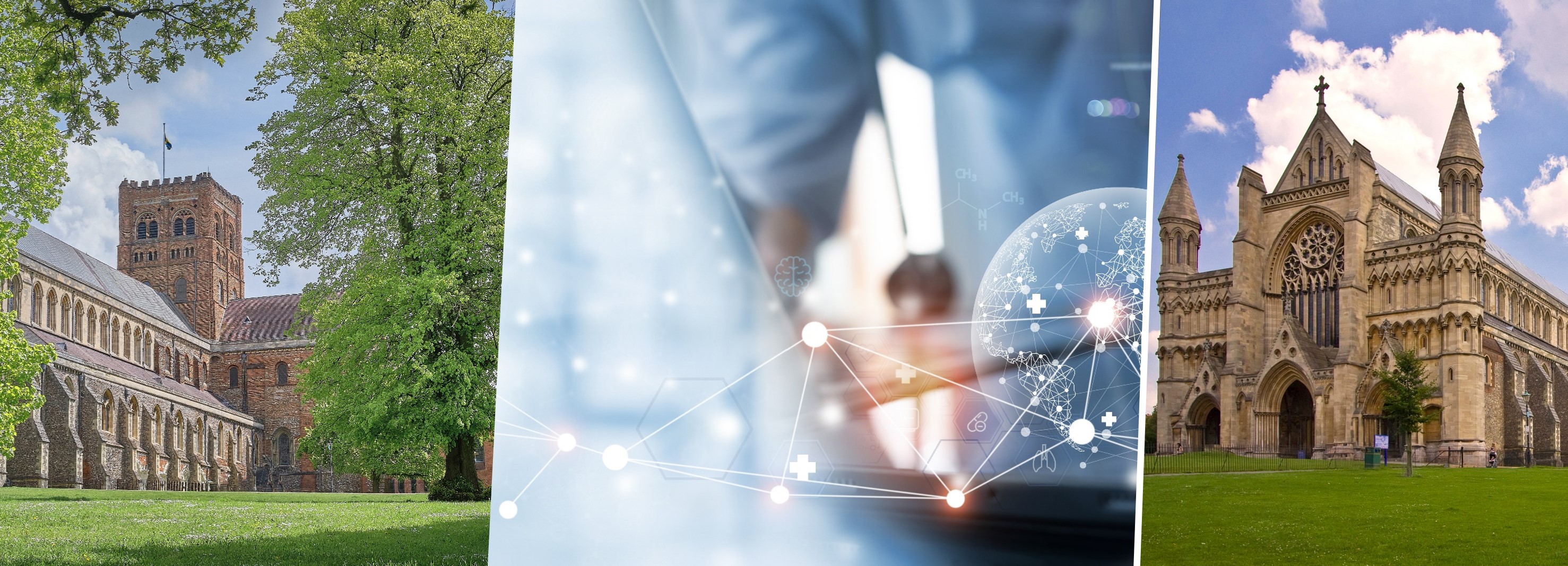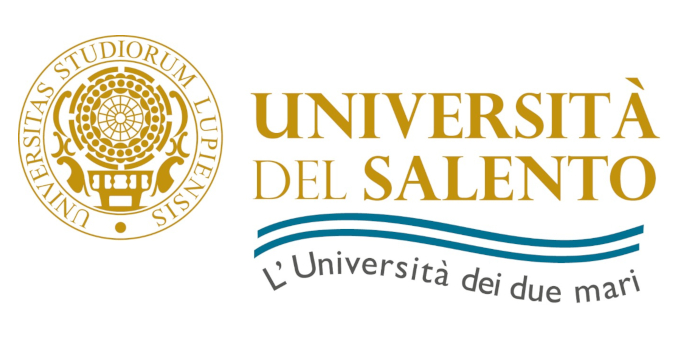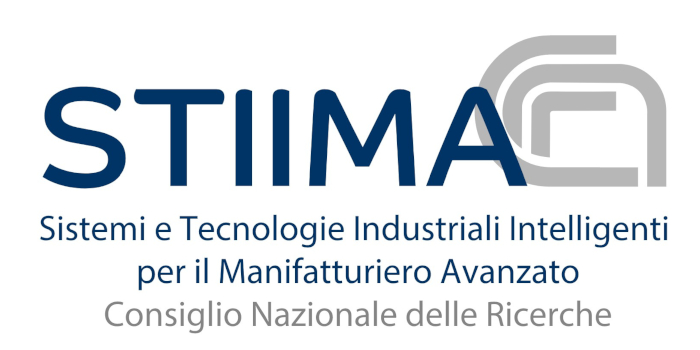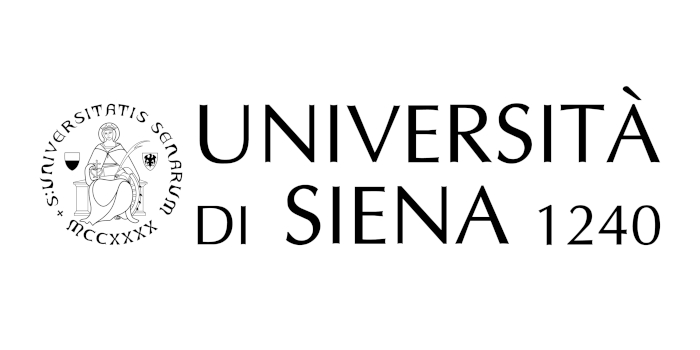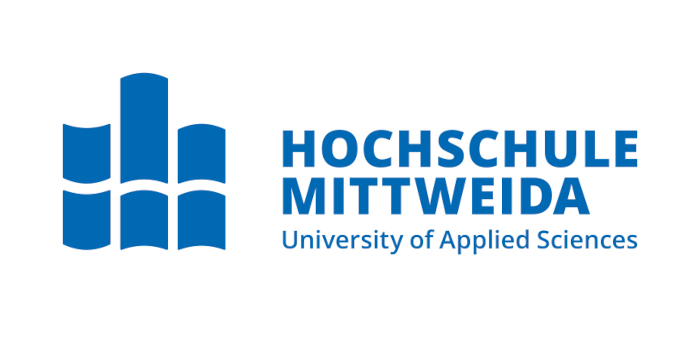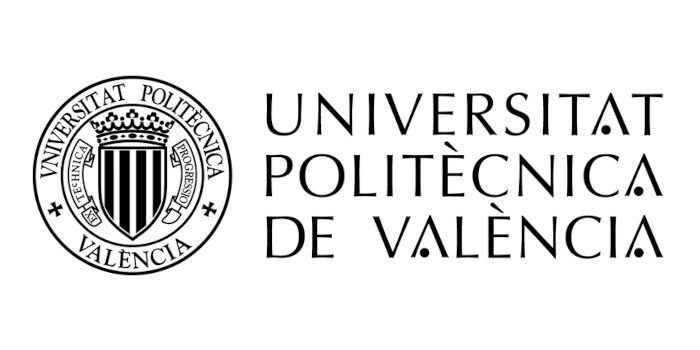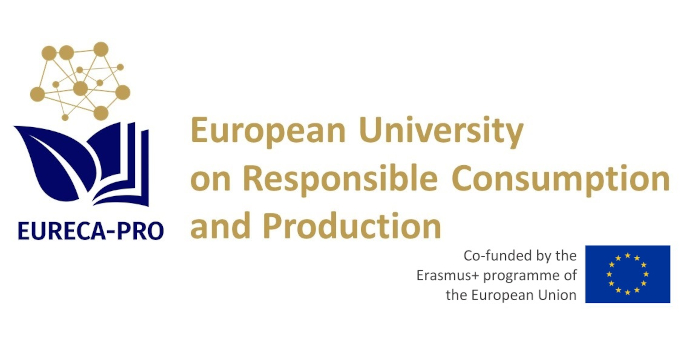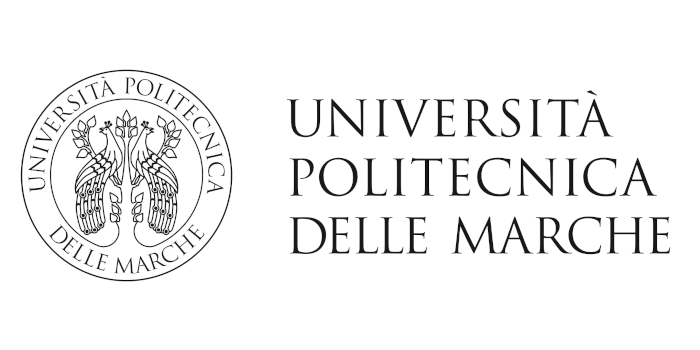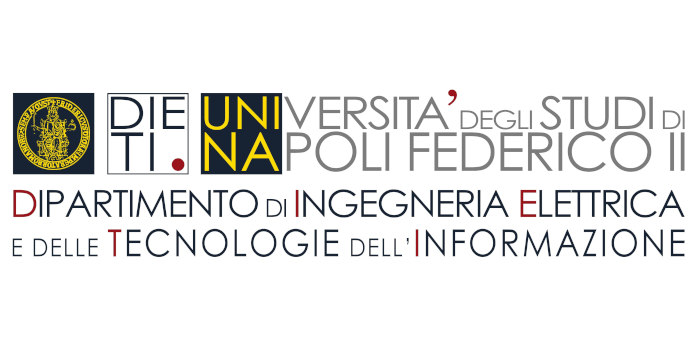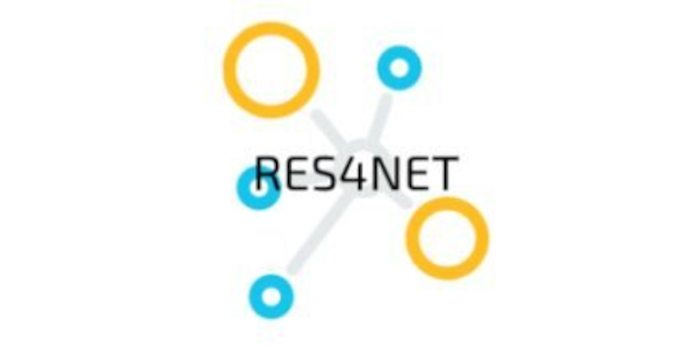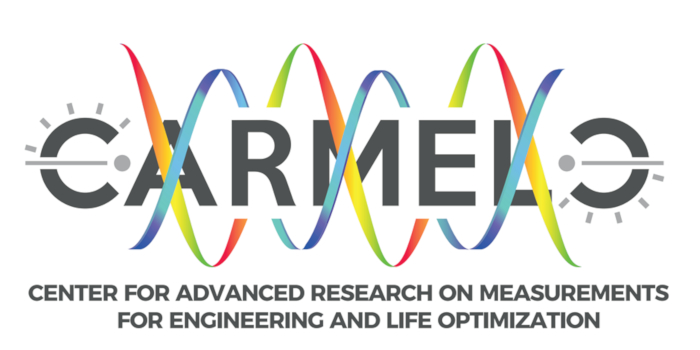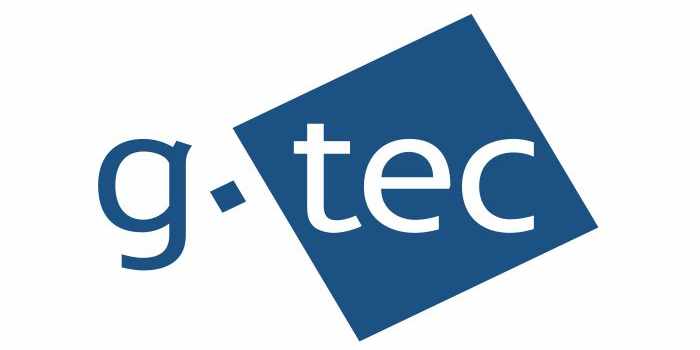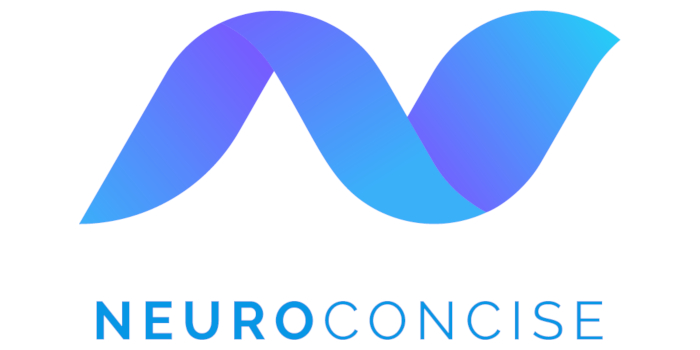SPECIAL SESSION #21
Artificial intelligence, complex networks and computational models to explore brain cognitive functions and neurological disorders
ORGANIZED BY
Giulia Varotto
Laboratory for Clinical Neuroscience, Center for Biomedical Technology of the Polytechnic University of Madrid, Spain
Jesùs Poza Crespo
Department of Signal Theory and Communications of the University of Valladolid, Spain
Elisa Visani
Magnetoencephalography laboratory, Fondazione IRCCS Istituto NEurologico Carlo Besta, Milan, Italy
ABSTRACT
Understanding the intricacies of brain cognitive functions and unravelling the unknow mechanisms underlying neurological disorders represent paramount challenges in contemporary neuroscience. Despite the significant advancement in technologies available to record neural activity at different temporal and spatial scales, leveraging cutting-edge methodologies for data analysis has emerged as a crucial avenue to delve deeper into these complex phenomena and to provide a comprehensive understanding of them.
In this framework, methods based on artificial intelligence (such as machine learning, neural networks and deep learning), complex networks for modelling brain’s architecture and functional connectivity, and computational models to simulate and explore the dynamics of brain activity under various conditions and perturbations, have been all proved to be promising tools to decode the intricate organization and functioning of the human brain.
Therefore, the development of novel methodologies in these fields, as well as their application to invasive and non-invasive neural data from microscopic to macroscopic scales, can strongly support basic and applied neuroscience research and pave the way for innovative diagnostic and therapeutic strategies for neurological and psychiatric disorders.
TOPICS
Topics of interest for this Special Session include but are not limited to:
- Machine learning;
- Deep Learning;
- Dynamical models;
- Anatomical connectivity;
- Functional connectivity;
- Neural Networks;
- Electrophysiology;
- Magnetoencephalogroaphy;
- Brain imaging;
- Spike recordings;
- Brain stimulation;
- Clinical and cognitive Neuroscience;
- Neurological disorders.
ABOUT THE ORGANIZERS
Giulia Varotto, is a post-doc researcher at the Laboratory for Clinical Neuroscience, Center for Biomedical Technology of the Polytechnic University of Madrid (Spain), and assistant professor of bioengineering at Polytechnic University of Madrid (Spain). She obtained her Master’s Degree in Biomedical Engineering in the University of Padua (Italy), and her PhD cum laude in Bioengineering at the Polytechnic University of Milan. She has been a post-doc researcher in the Neurological Institute C. Besta of Milan (Italy). Her primary research focus lies in the development and application of computational and advanced signal processing methods to explore human brain complex networks, to uncover diagnostic and therapeutical biomarkers for clinical neuroscience (including epilepsy, stroke, autism, and disorders of consciousness), as well as underpinning the basis of emotional perception and memory.
Jesús Poza, is Associate Professor (qualified for Full Professor) at the Dpt. of Signal Theory and Communications of the University of Valladolid - UVa (Spain), member of the Biomedical Engineering Group at UVa (GIB-UVa, 2004) and member of the the CIBER-BBN group CB19/01/00012. He is Telecommunications Engineer (2003) and holds the PhD degree (2008) from the UVa (Best PhD Thesis-Award, “Fundación Orange 2009-COIT” Award, and “Perkins Prize 2008-IPEM”). His area of expertise is neural signal processing to characterize central nervous system diseases; specifically, his main research interests are now focused on the research of new chronnectomic methods to study the role of brain network dynamics in the coding, transmission, and processing of brain information. He published several JCR papers, as well as a number of non-indexed papers, book chapters, and conference papers. This research is the result of his active participation in several European, national, and regional R&D and R&D&i contracts.
Elisa Visani, graduated in Biomedical Engineering at Politecnico di Milano, is the MEG lab manager and Data Science Center member at Fondazione IRCCS Carlo Besta, Milano, Italy. Her main interest is focused on development and implementation of methodologies for the study of the spontaneous and evoked cortical activity (MEG, EEG). She is currently concerned with magnetic source imaging of physiological and pathological activities both in time and frequency domain. Her activity include also multimodal integration (MEG-MRI, EEG-MEG, EEG-fMRI, EEG-NIRS) aimed at supporting the identification of biomarkers and assessing the response to surgical, radiotherapy, pharmacological or rehabilitative treatments in different pathologies (epilepsy, movement disorders, ataxias, stroke) and in cognitive studies. She published several papers on international peer-reviewed journals. She works as expert and rapporteur for EU MSCA Postdoctoral Fellowships and collaborates as a reviewer for several journals.

